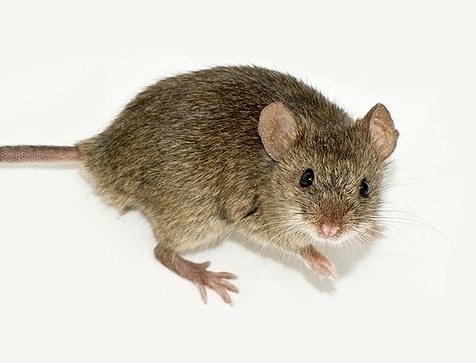Please note: Osher Rainforest will be closed for maintenance Jan. 14–16.
Science News
Mouse Behavior
May 10, 2010

Research on mice has been conducted for hundreds of years. Mice are genetically similar to humans, and understanding their health and reactions might help us better understand ourselves.
Two research articles published online yesterday in Nature publications follow mice research in two behavioral directions—one in father-child bonding and one on exhibiting pain—that may help humans in the future.
Neuroscientists in Calgary found that male mice that were allowed to nuzzle with their infant offspring were able to recognize those offspring as adults. According to Science Now, “That recognition correlates with new neuron growth in dad's brain, the team reports online today in Nature Neuroscience. When Mak and Weiss injected a marker that tags newly formed neurons into the fathers just after their pups were born, they found up to 40% more new neurons in... mice that had nuzzled their pups.
“The results suggest that in mice, and perhaps in humans, young babies and dads bond biologically in ways that can last a lifetime.”
Other scientists in Canada studied facial expressions in mice, looking for signs of pain. They discovered that when subjected to moderate pain stimuli, mice showed discomfort through facial expressions in the same way humans do. (Watch Science in Action’s story about human facial expressions here.)
Their study, published online May 9 in the journal Nature Methods, also details the development of a Mouse Grimace Scale that could inform better treatments for humans and improve conditions for lab animals.
Continuing experiments in the lab will investigate whether the scale works equally well in other species, whether drugs given to mice after surgical procedures work well at their commonly prescribed doses, and whether mice can respond to the facial pain cues of other mice.
Creative Commons image by George Shuklin